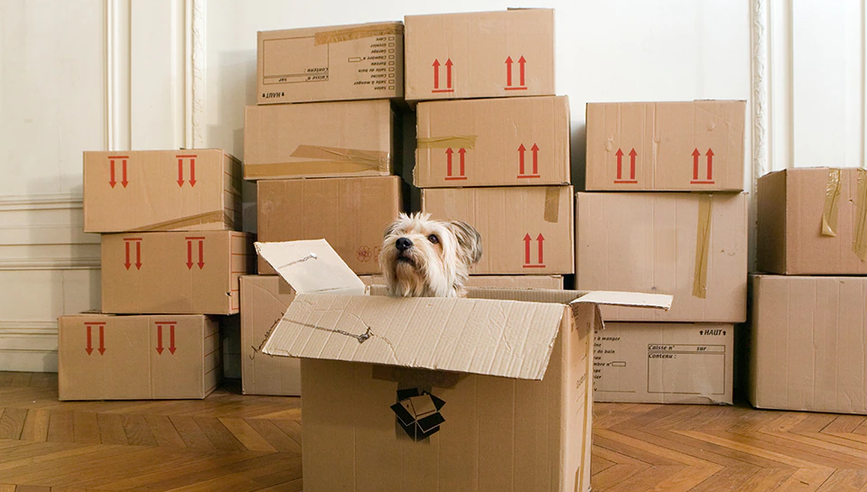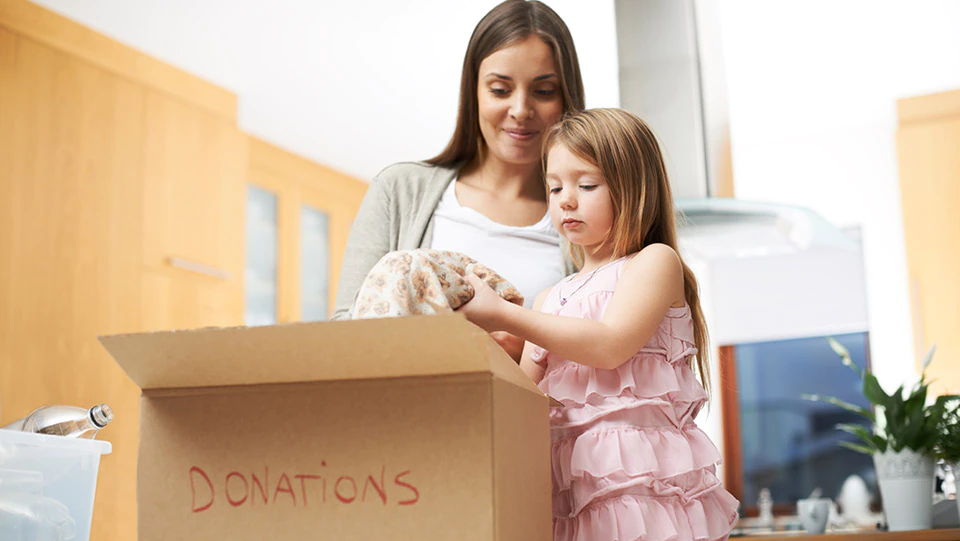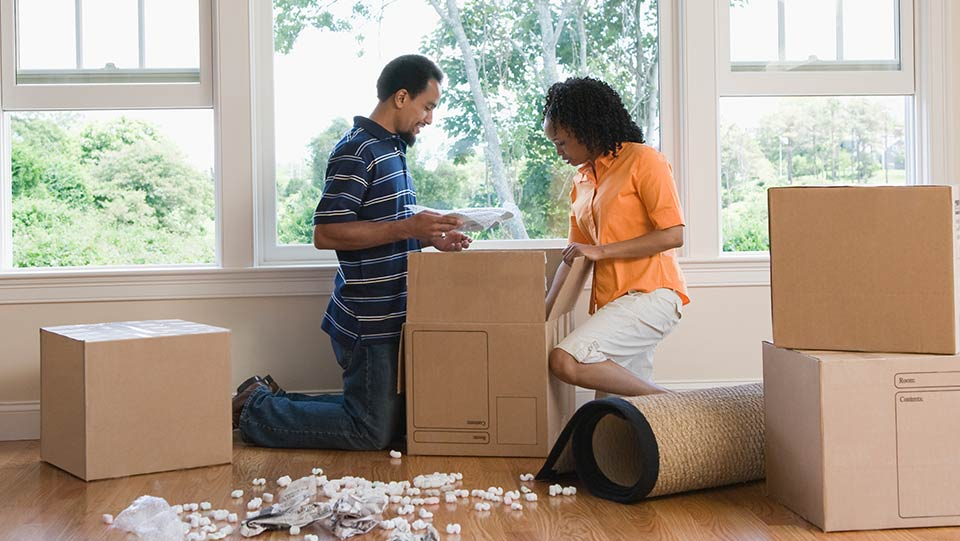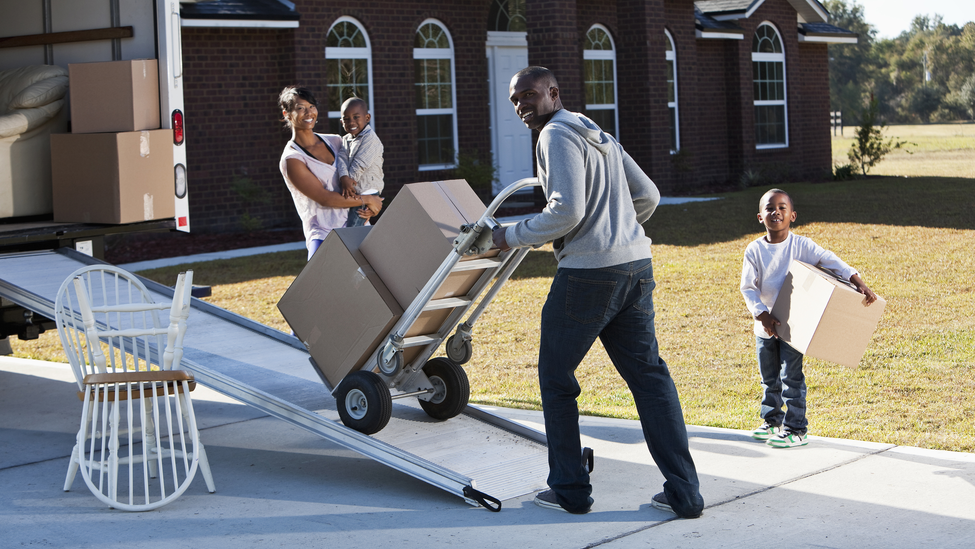7 Tips for Moving with a Pet


You’ve been gearing up for your move for months, but your pet likely has had less time to get used to the idea of new trees to sniff and fire hydrants to investigate. Just as moving can be stressful for you, it can also create stress and anxiety for dogs and cats.
For Spencer, a six-year-old Lhasa Apso, the clues had been there for weeks. The boxes, the packing, the unfamiliar visitors coming to look at the house without his owner present. But when his toys went into a box that was among the last things to be packed, he knew something was up, recalls his owner, who recently relocated from Hartford, Connecticut, to Chicago, Illinois.
If your pet isn’t himself, doesn’t have the same interest in eating or is being extra clingy, there’s a good chance that the stress of the move is taking a toll. By following a few tips, you can help make the move as seamless as possible for your furry friends and, hopefully, for yourself.
1. Stick to a normal schedule
When the moving truck rolled up the driveway, Spencer was already at doggie daycare, a decision made to spare additional anxiety. It’s a tip recommended by the American Society for the Prevention of Cruelty to Animals (ASPCA), to avoid the chance your pet will try to make an escape as you load the truck. The organization also suggests not appearing overly stressed yourself before your move because your pet may read and reflect your emotions.1
2. Practice traveling with your pet
If your pets haven’t spent much time in the car or in a crate, get some practice in before the big move. The ASPCA suggests easing pets into the habit by placing their food inside an open crate and having them eventually take meals inside a closed crate.2 Giving them treats and playing with them after crate time can help build positive feelings about the crate.
3. Learn the rules for flying with a cat or dog
If you plan to fly with a dog or cat, there are a number of regulations to familiarize yourself with in advance. Check the United States Department of Agriculture regulations for pet air travel and ask your airline about their specific rules, including specifications for in-cabin and cargo area pet carriers.3 Confirm that there is space available for your pet before you buy a seat for yourself – some airlines limit the amount of pets on each flight.4

Travelers wants to help you protect the things that matter to you. We offer a wide breadth of products so you can be covered at home and on the road.
4. Consider hiring professionals
For complicated moves, or when you are unable to travel with a pet, it might be worth considering a pet relocation service to handle the logistics of moving your pet. They are well-versed in potential issues, such as customs and international travel.
The International Pet and Animal Transportation Association maintains a list of pet shippers. Make sure your mover is registered with the Agriculture Department.
5. Consider pet travel insurance
Pet travel insurance can cover expenses related to accidents or issues while pets are traveling. The coverage typically includes vet bills and travel costs, based on your coverage limits. Coverage typically is in effect from when your pet is dropped off at one airport and is picked up when it arrives at the destination airport.5
6. Pet-proof your home
Before you let your dog or cat have free rein of the new space, take some time to remove any hazards, including poisonous pest control traps. Install childproof latches on cabinets, move medicines and hazardous chemicals out of reach, and check for any dangling wires that could trip up your dog or cat. Install fencing if you plan to let your dog roam outside.
7. Settling in
Make the adjustment easier for your dog or cat by having their water and food bowls and a favorite toy or two waiting for them before you let them inside. A few familiar items can help make the space feel more like home. Limiting their territory to a single room at first can also make the move feel less overwhelming for your pet.6
As you pack up for your move, remember that taking a few extra steps to prepare your pet can help make the transition easier and help you both get settled into your new home. Look up a new vet in the area, make sure you have updated identification tags7 and get ready to explore your new neighborhood together.
Learn more about Travelers homeowners insurance products, or if you’re ready to take the next step, click here to get a quote or find an agent.
Sources
1 https://www.aspca.org/pet-care/general-pet-care/moving-your-pet
2,7 Ibid.
3 https://www.aphis.usda.gov/aphis/pet-travel
4 https://www.bringfido.com/travel/airline_policies/
5 https://www.petrelocation.com/blog/post/pet-travel-insurance-vs.-pet-health-insurance
6 https://www.aspca.org/pet-care/general-pet-care/moving-your-pet



